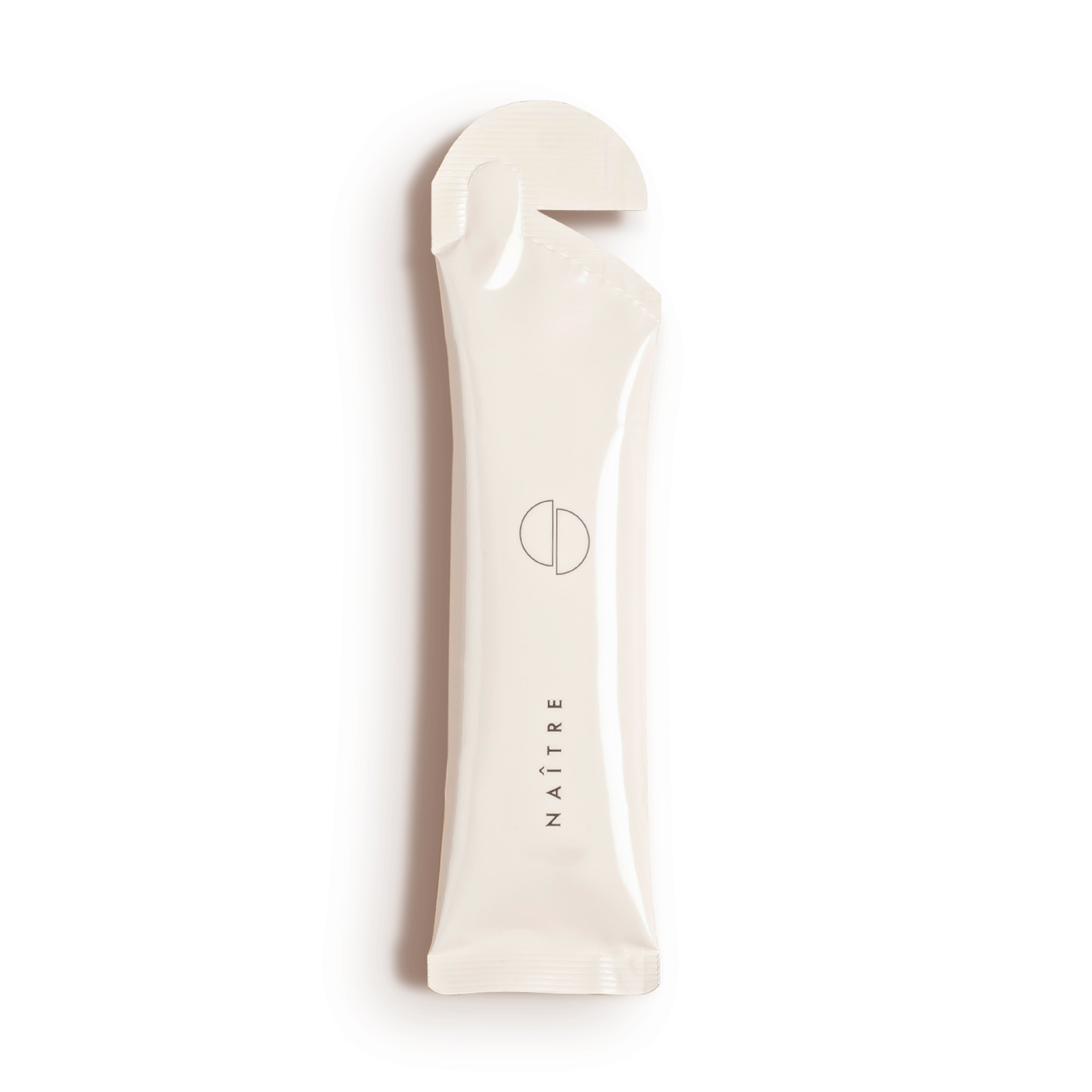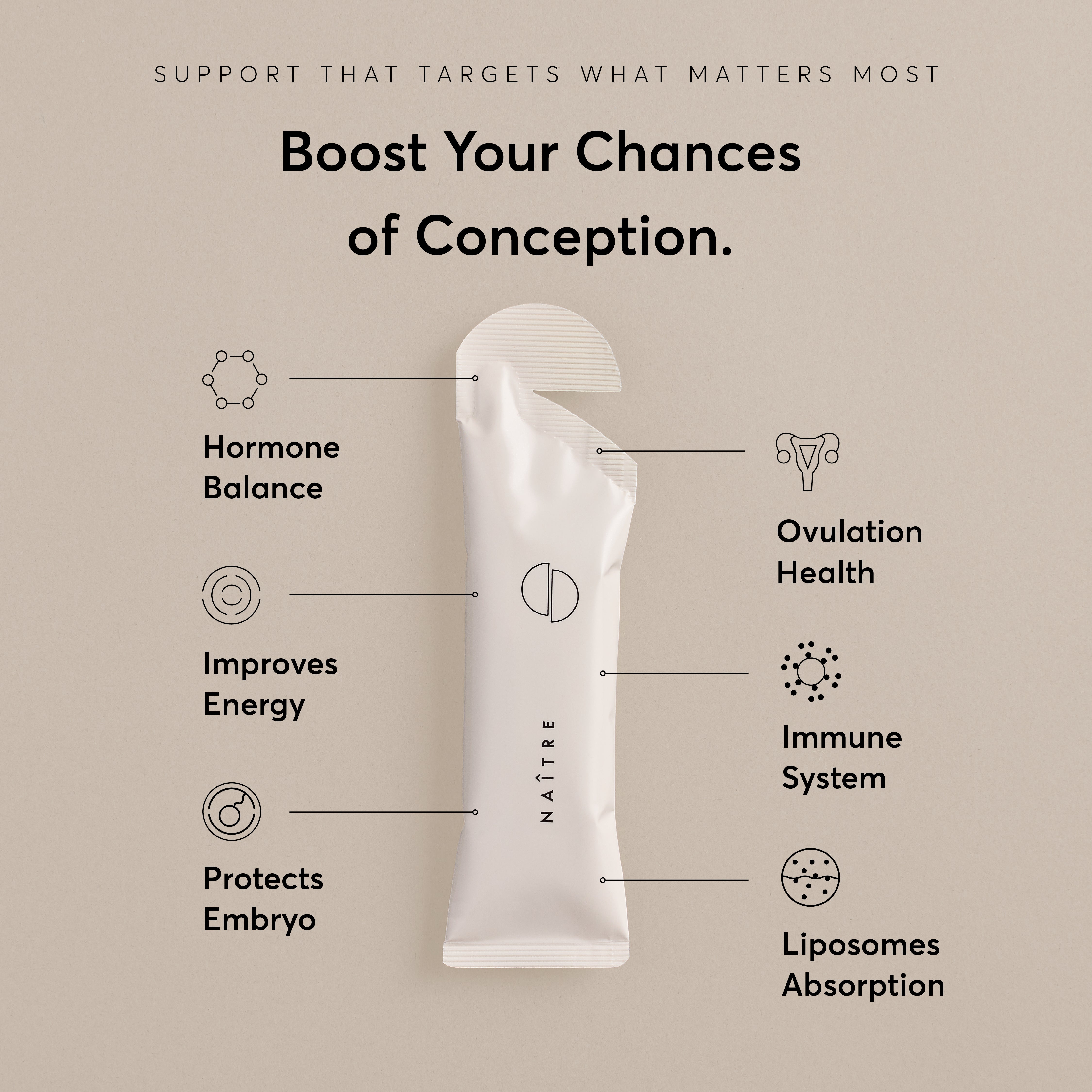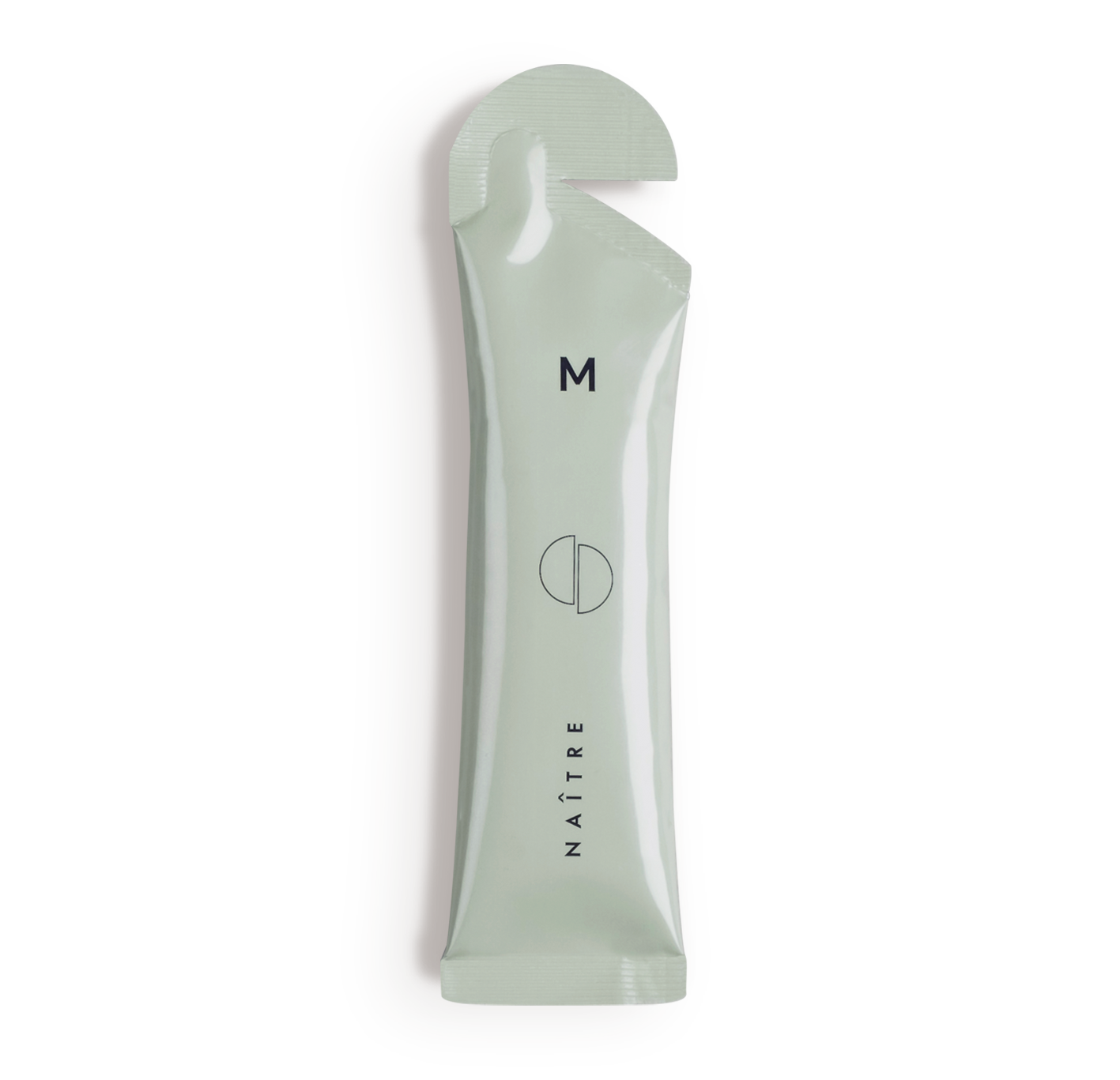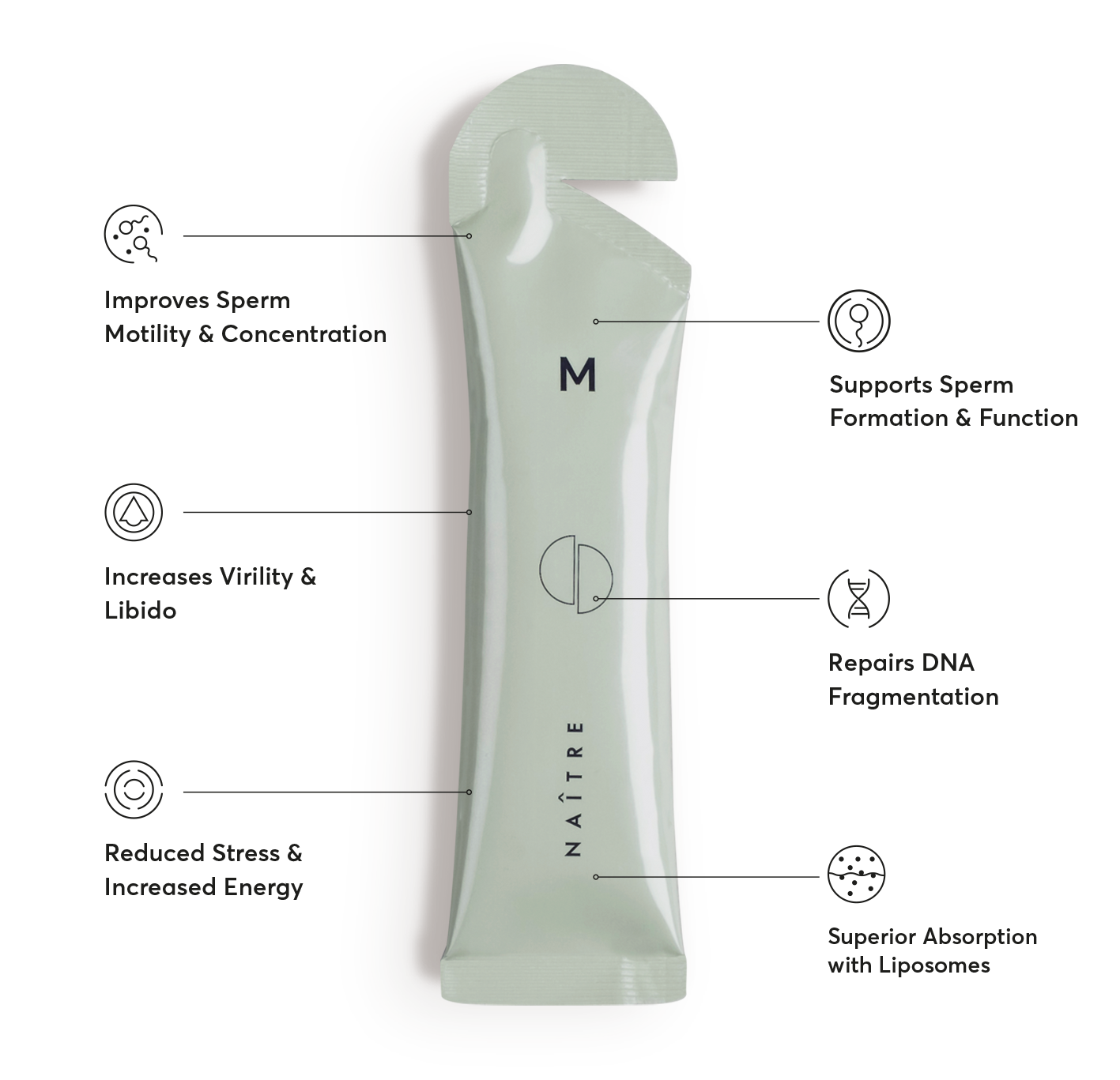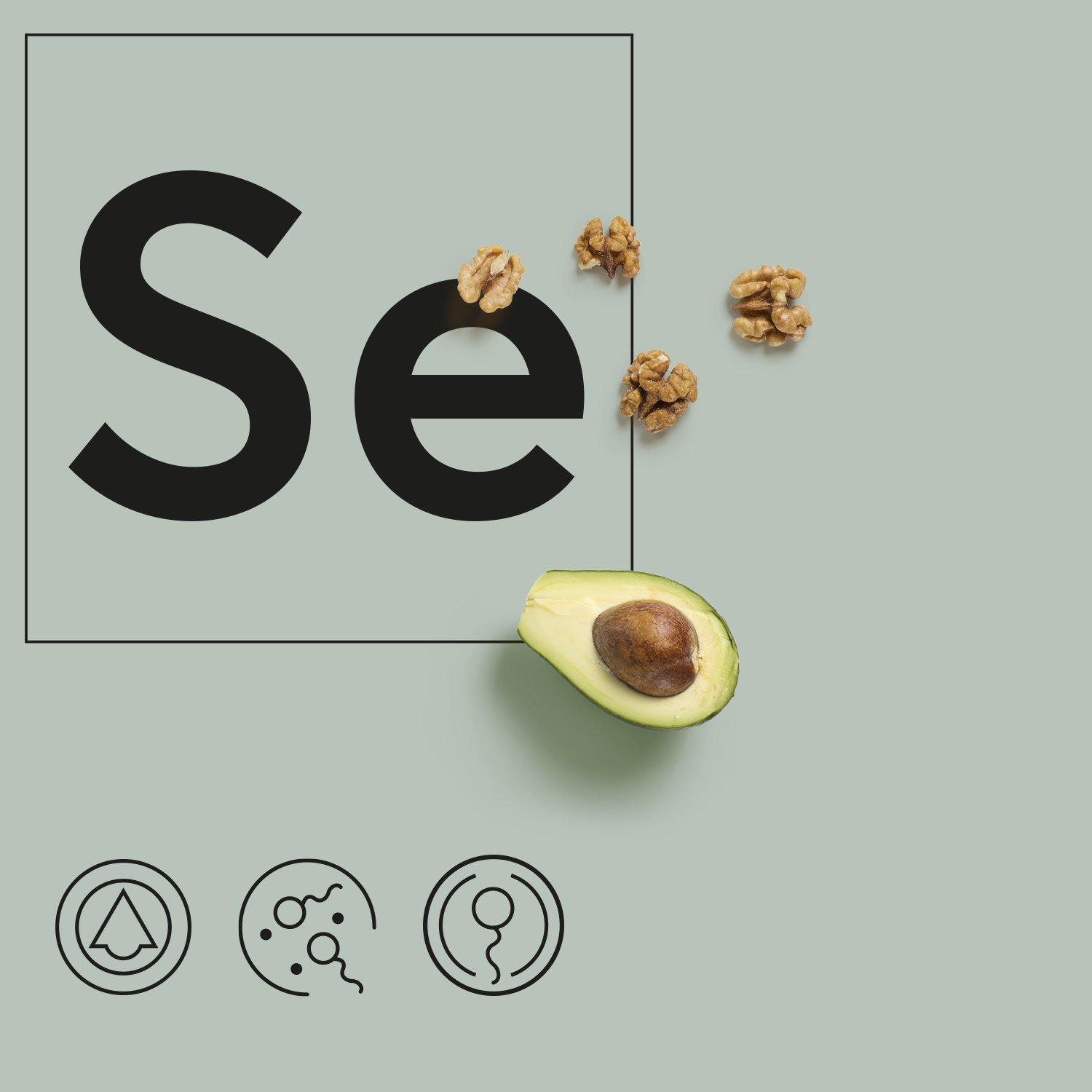
When it comes to fertility and conception, not enough attention is given to male reproductive health and the importance of protecting sperm health. Selenium is one such mineral that is needed for sperm morphology and sperm motility, which basically means selenium helps sperm grow to a decent size and shape and helps sperm become strong swimmers. These are all vitally important points when it comes to a couple conceiving.
What is Selenium, and Why Do We Need It?
Selenium (Se) is a trace element and an essential nutrient for humans to be healthy. Selenium has been shown to help in thyroid hormone metabolism, supports DNA in being made, and can help protect our cells’ DNA from oxidative stress. Research into male fertility has also shown that selenium benefits the structural integrity of sperm and can protect the DNA within sperm from oxidative stress.
Research Shows Selenium is Important for Male Fertility Health
The family of glutathione peroxidases, including PHGPx, is of huge interest to researchers looking into male fertility health. PHGPx is a unique antioxidant enzyme that is selenium-dependent glutathione peroxidase, and a review of research has suggested that PHGPx is vital in human males for creating the structural integrity of sperm and is also important for creating sperm with healthy viability and motility.
This data shows just how important adequate selenium intake is for supporting fertility health in males and that deficiency of this mineral should be taken more seriously. As this review also highlighted the negative implications of selenium deficiency in males and that several clinical trials support the theory that low selenium levels can cause male infertility.
The researchers also suggest that more research should be carried out in this area due to the studies containing too few participants, but that the circumstantial evidence surrounding low selenium intake should still be a motivating factor to warrant more testing in males and their selenium status, to help physicians diagnose selenium deficiency-related infertility more often.
A further review of selenium’s effects highlighted that low selenium levels could potentially be a contributing factor in cases of human male infertility.
Where to Get Good Food Sources of Selenium, and How Much is Needed
According to the NHS, the best food sources for obtaining selenium include:
- Brazil nuts
- Fish
- Meat
However, the biggest problem in obtaining selenium from food is the connection with soil health; if a farmer is not rotating the crops seasonally and is not adding selenium back into the soil, then the soil will be low or deficient in selenium (and other nutrients).
Research has also shown that the UK population is not receiving enough selenium on a daily basis, with some of the reason being due to poor quality nutrient-deficient soil.
This is why it can make a big difference to your health by choosing food that is grown organically as farmers who carry out this practice take much better care of the soil and the land. Foods that have been refined, such as white bread, white rice and white pasta, can also cause further selenium depletion as they are naturally low in selenium.
Supplementing with Selenium to Boost Male Fertility
Selenium is clearly an important addition in a male fertility diet and lifestyle and should always be included in the diet. However, if a man tests and finds he is deficient in selenium and his diet is already rich in selenium, supplementation will help correct this.
For selenium to be absorbed adequately, it is always best to take it alongside other nutrients. A study has shown that combinations of multiple nutrients are far more effective at improving male fertility than when they take nutrients on their own.
Given that oxidative stress is the biggest risk factor for decreasing male fertility in humans through DNA damage, it is important to rectify this by administering the correct antioxidants. Antioxidant supplements have now been shown, in randomised placebo controlled studies, to protect sperm from oxidative related DNA damage and to boost pregnancy rates. Selenium is a powerful antioxidant that has also been shown to protect the body from chronic conditions such as heart disease and cancer.
Key Points about Selenium and Male Fertility
Selenium is an important mineral for whole-body health but also plays a very important and often overlooked role in creating strong fertility health in males. For healthy sperm with a healthy structural integrity to be created, it requires many nutrients of which selenium has shown in studies to be vital. For overall fertility health to be improved in males, it is important to eat foods rich in selenium and supplement if there is a deficiency. To achieve best results when it comes to male fertility health building, research shows us that other key fertility nutrients should be taken at the same time as selenium as this ensures the body adequately absorbs selenium.
Discover our unique Liposome Fertility Formulas, developed for couples >

